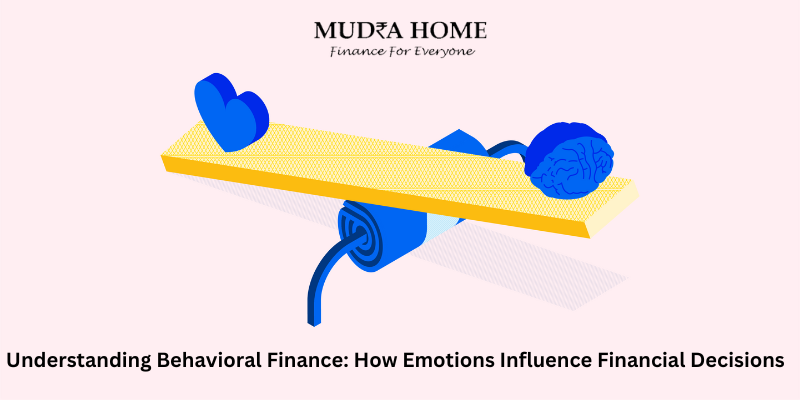
Behavioral finance is a field that explores how psychological factors influence financial decisions and market outcomes. Unlike traditional finance theory, which assumes rationality and efficiency in decision-making, behavioral finance acknowledges that human emotions and cognitive biases often play a significant role in shaping financial behaviors. By understanding these emotional influences, investors can make more informed decisions and avoid common pitfalls that may hinder their financial success.
One of the key principles of behavioral finance is that individuals are not always rational actors when it comes to money matters. Emotions such as fear, greed, and overconfidence can cloud judgment and lead to irrational decision-making. For example, during times of market volatility, fear may drive investors to sell their assets hastily, fearing further losses. Conversely, during bull markets, greed may lead investors to take on excessive risk in pursuit of higher returns.
Another important concept in behavioral finance is the presence of cognitive biases, which are systematic errors in thinking that can affect financial decisions. One common bias is confirmation bias, where individuals seek out information that confirms their existing beliefs while ignoring contradictory evidence. This can lead investors to make decisions based on flawed or incomplete information, rather than conducting thorough research and analysis.
Loss aversion is another powerful bias that influences decision-making. Research has shown that individuals feel the pain of losses more acutely than the pleasure of gains, leading them to make decisions that prioritize avoiding losses over maximizing gains. This can result in a reluctance to sell losing investments, even when it may be the rational choice from a financial perspective.
Overconfidence is yet another bias that can impact financial decision-making. Studies have found that many investors are overly confident in their ability to beat the market or pick winning stocks, despite evidence to the contrary. This overconfidence can lead to excessive trading, higher transaction costs, and ultimately, underperformance compared to a passive investment strategy.
So, how can investors mitigate the influence of emotions and biases on their financial decisions? One approach is to develop self-awareness and recognize when emotions may be driving behavior. By taking a step back and objectively assessing the situation, investors can make more rational decisions based on facts and analysis rather than emotions.
Additionally, having a well-defined investment plan and sticking to it can help counteract the effects of emotional decision-making. This may involve setting clear investment goals, diversifying across asset classes, and maintaining a long-term perspective. By adhering to a disciplined investment strategy, investors can avoid making impulsive decisions based on short-term market fluctuations.
Finally, seeking professional advice from a financial advisor can provide valuable guidance and perspective, especially during times of uncertainty or market volatility. A trusted advisor can help investors navigate complex financial decisions, provide objective analysis, and offer support to stay focused on long-term goals.
In conclusion, understanding how emotions and cognitive biases influence financial decisions is crucial for investors looking to achieve long-term financial success. By recognizing these influences and adopting strategies to mitigate their impact, investors can make more informed decisions and build wealth over time. Behavioral finance offers valuable insights into the complexities of human behavior and provides a framework for making smarter financial choices in an unpredictable world.